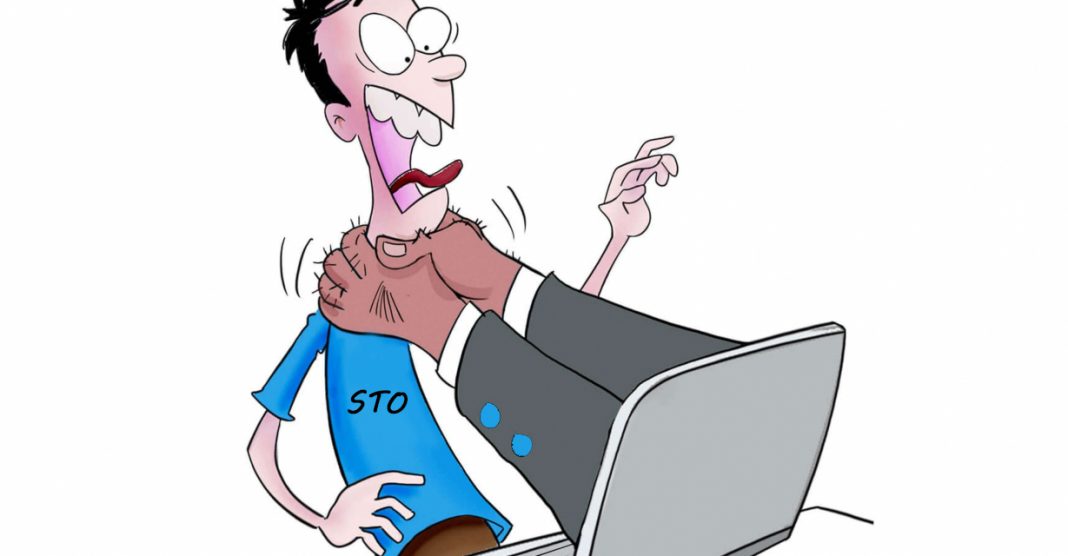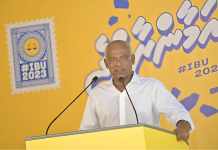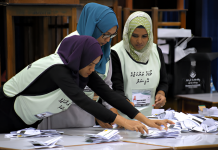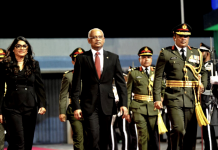In a recent incident that has sparked widespread concern, a regional pharmacy manager at the State Trading Organization (STO) has been demoted for criticizing President Muizzu. This move by the STO has raised serious questions about the state of freedom of expression under the Muizzu government.
Ahmed Shiyaz Naeem, the demoted employee, revealed that the investigation into his social media activities began on February 29. He was summoned to provide an explanation for his posts, particularly those criticizing government policies and officials. This action reflects a worrying trend of silencing dissenting voices within the workforce.
The demotion letter, which has been widely circulated on social media, was signed by STO General Manager Mariyam Nuzla. It condemned Shiyaz’s social media activity as “irresponsible” and incompatible with his position within the company. This implies that expressing opinions contrary to the government’s narrative is deemed unacceptable, even within private companies like STO.
The decision to demote Shiyaz was justified under Article 19(b) of the Employment Act, according to the letter. However, this raises concerns about the misuse of legal provisions to suppress freedom of expression. By invoking employment regulations to punish dissent, the government sets a dangerous precedent for stifling public discourse.
When questioned about the matter, STO officials declined to comment, further fueling speculation and apprehension about the situation. The lack of transparency from the company only adds to the atmosphere of uncertainty and fear among employees who may fear reprisals for expressing their views.
This incident underscores the broader issue of shrinking space for freedom of expression in the Maldives under the Muizzu government. The stifling of dissent not only undermines democratic principles but also inhibits the exchange of ideas necessary for societal progress.
Critics argue that such actions by the government create a chilling effect, discouraging individuals from speaking out against injustice or government wrongdoing. This not only hampers accountability but also perpetuates a culture of fear and self-censorship.
Moreover, the targeting of individuals for their social media activity sets a dangerous precedent for surveillance and censorship in the digital age. It sends a clear message that the government is willing to monitor and punish online expression that challenges its authority.
The demotion of Ahmed Shiyaz Naeem serves as a stark reminder of the erosion of freedom of expression under the Muizzu government. The silencing of dissenting voices within the workforce and the use of punitive measures to suppress criticism are deeply concerning trends that must be addressed.


















